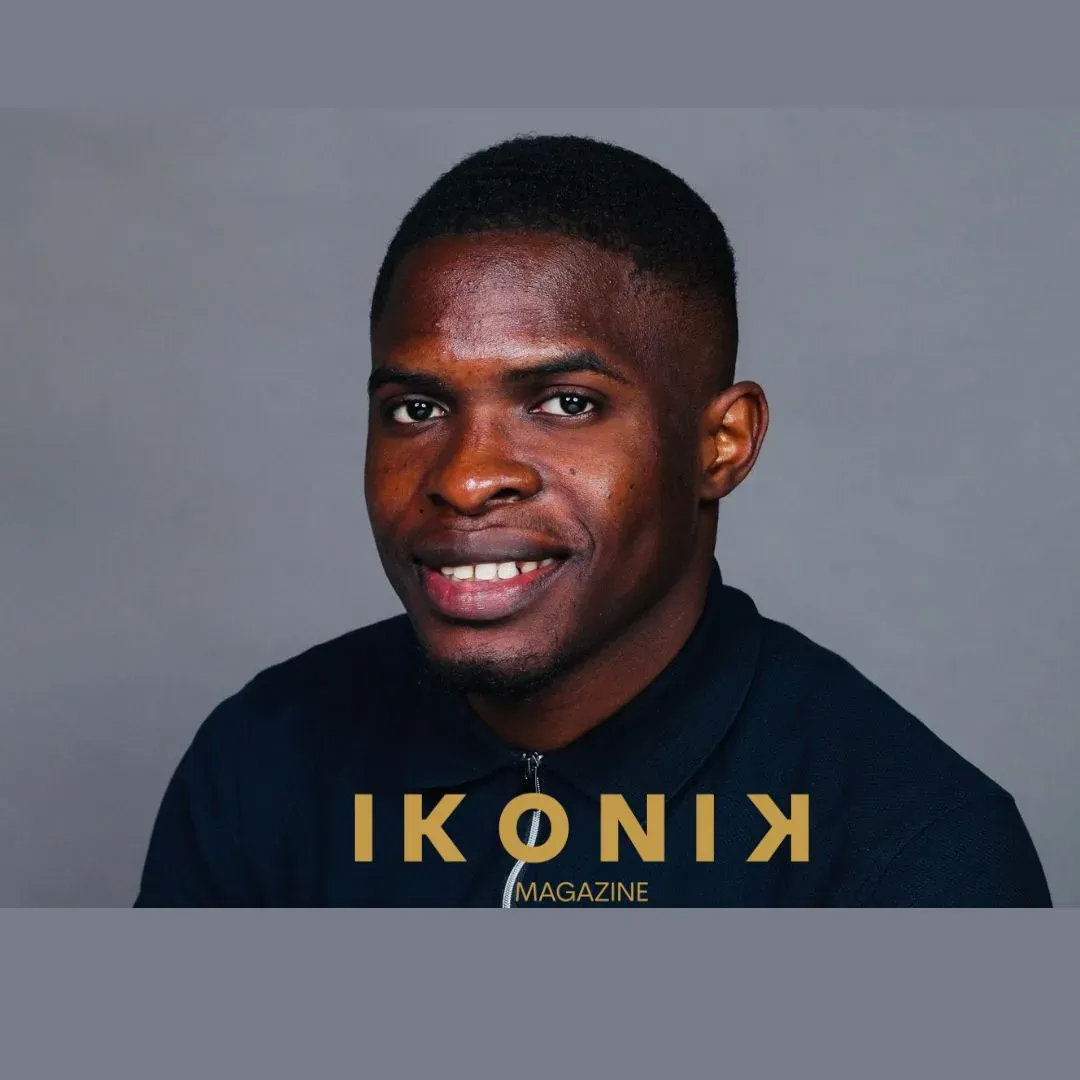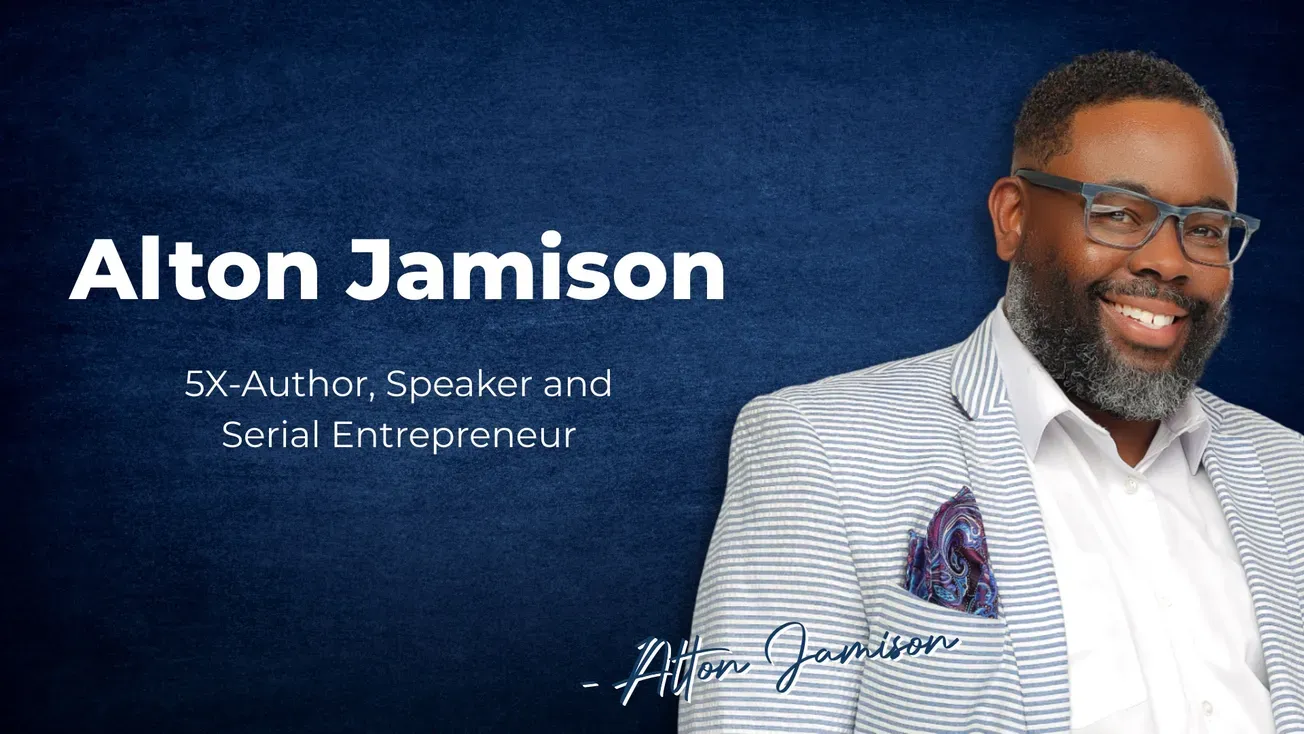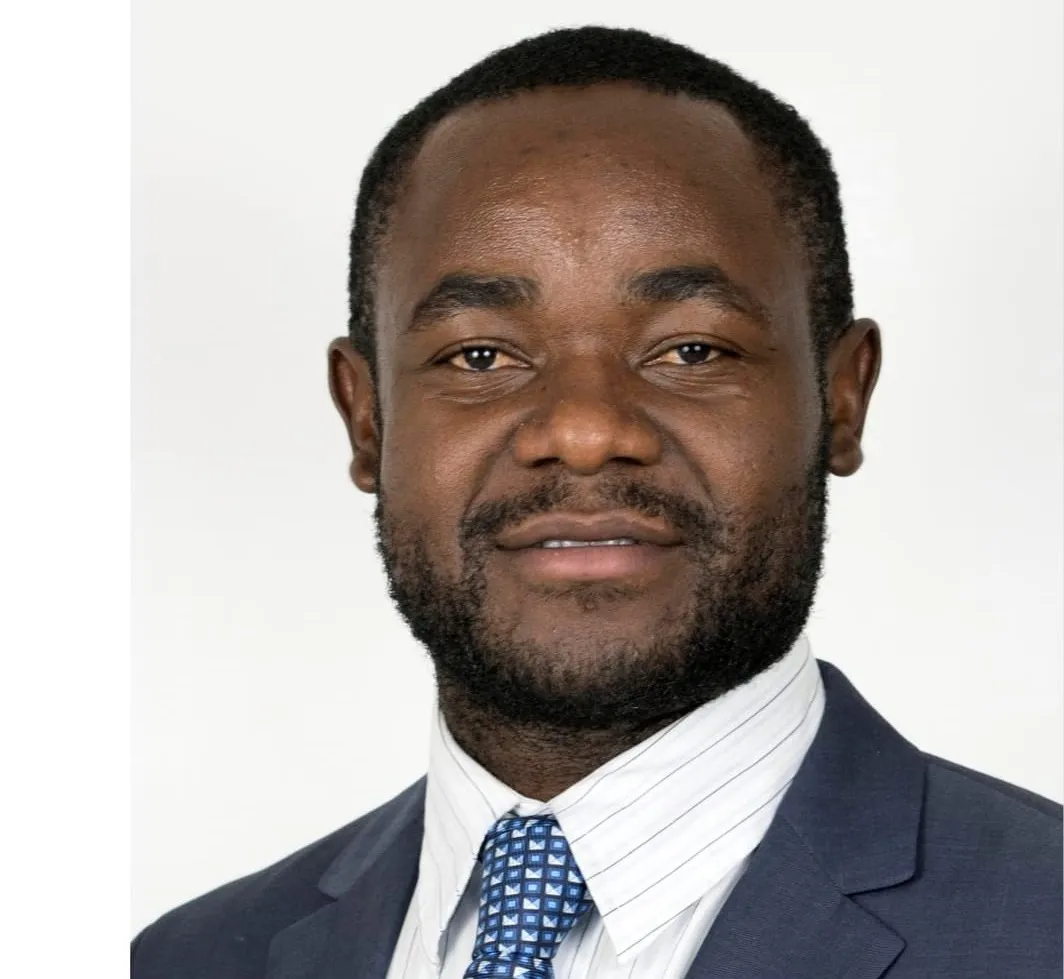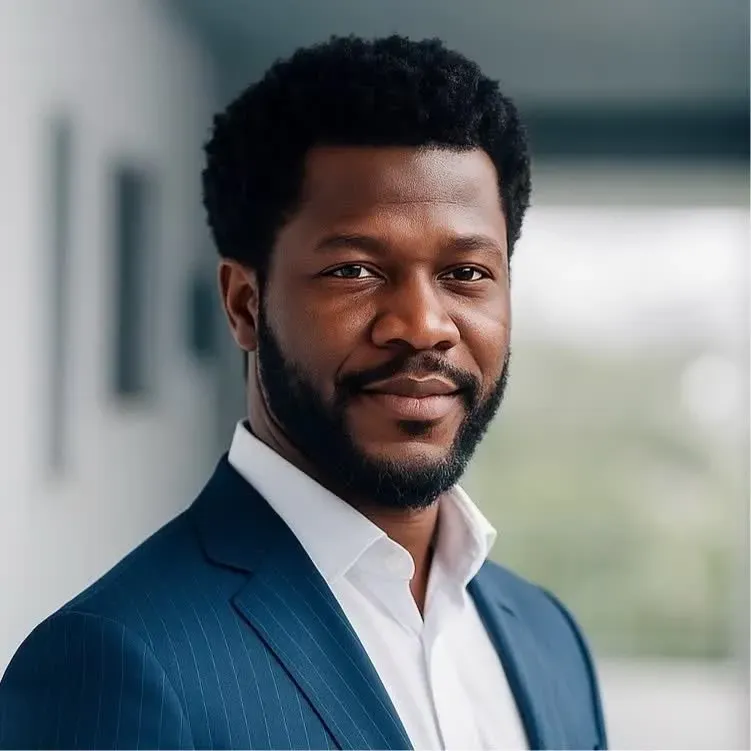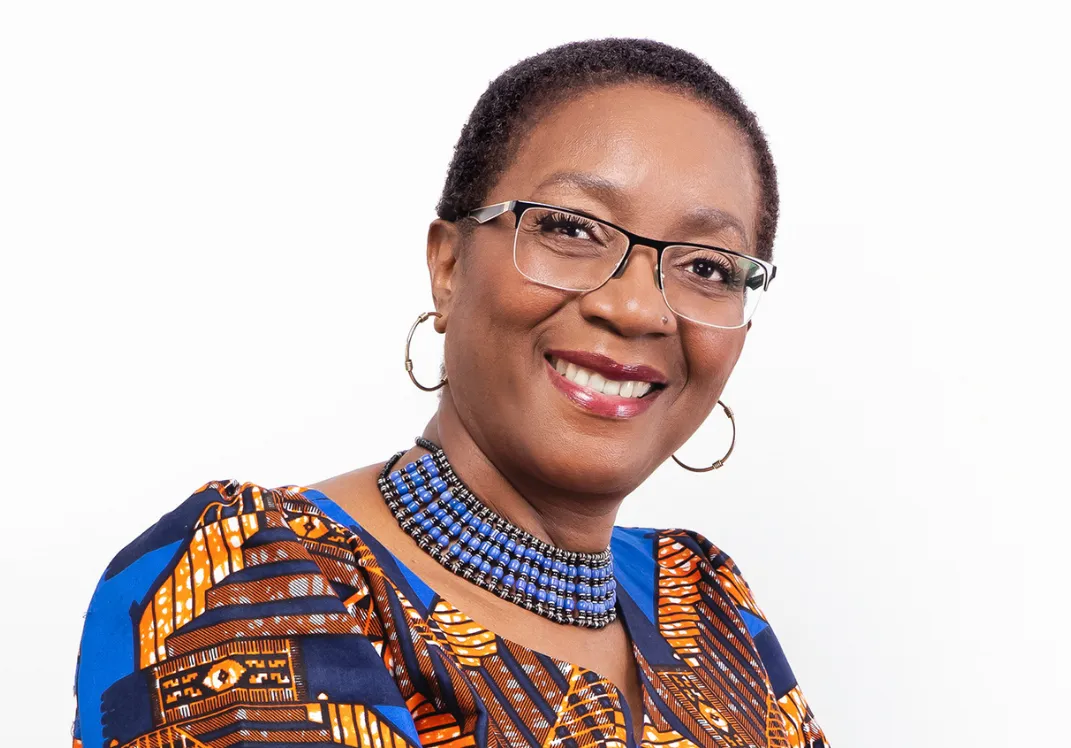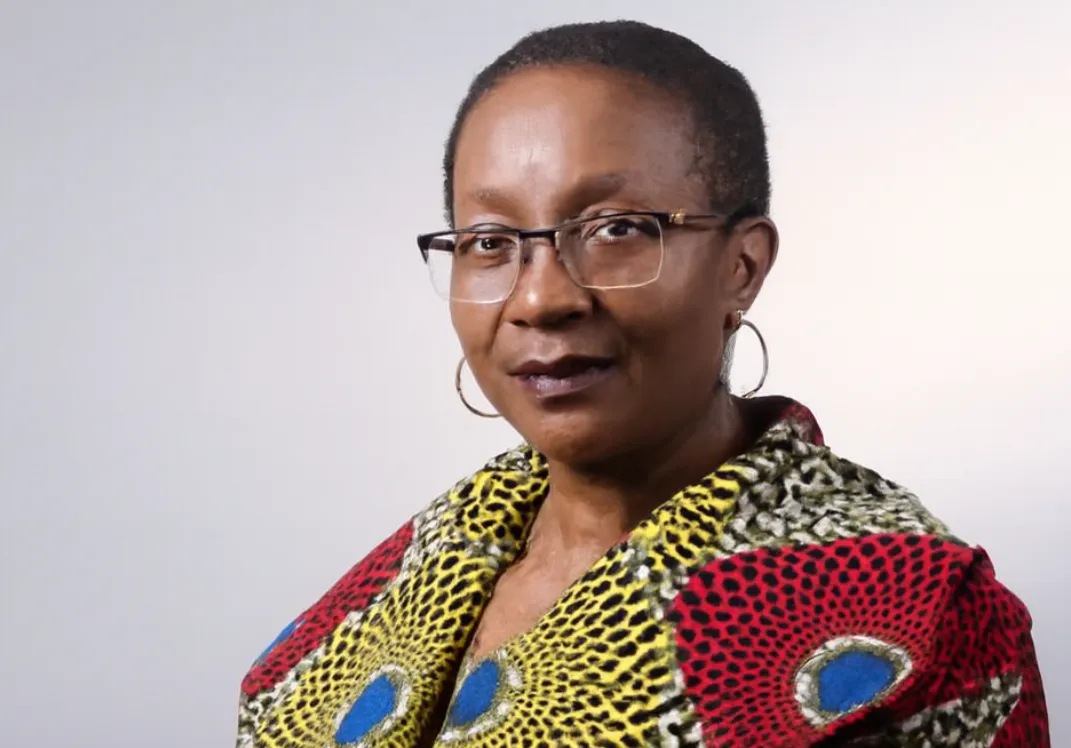In a time when clarity, connection, and intelligent decision-making define the next generation of entrepreneurs, Tobi Oladimeji stands out as a builder whose work blends technology, humanity, and purpose in a way few leaders can.
As the founder of Data Fellows and Co-builder of Inscend, he has created a global ecosystem that empowers professionals and small business owners across 15+ countries.
Rooted in lived experience, from following his mother to the market as a child to working across Nigeria, Canada, and the UK, Tobi brings a rare combination of empathy, precision, and strategic thinking to every product and community he builds.
His mission is consistent and clear: make data practical, accessible, and actionable for the people who need it most.
This IKONIK Dialogue explores the mindset, lessons, and values shaping his journey, offering a deeper look into a founder redefining what meaningful innovation and impact look like today.

Q&A Questions
1- You’ve built a global data ecosystem that connects professionals and founders across continents. What first inspired your journey into entrepreneurship, and what kept you moving forward when it got hard?
I stepped into entrepreneurship because I saw a simple problem everywhere I turned. Small shops have data but no way to turn it into something useful. I saw it growing up with my mum. I saw it again at PwC working with bigger companies that had the advantage of analysts and systems. Many small businesses never get that chance.
I am a community builder by nature so Data Fellows made sense. It is not just about launching products. It is about building people and connecting talent to opportunity. What keeps me moving is the motive. I am not driven by money. Money comes along the way. What drives me is impact, and seeing people change for the better. On the hard days, it is the right people around me that remind me of why I started.
2- You’ve often mentioned following your mum to the market as a child. How did those early experiences shape how you think about business and data today?
Those early days shaped my resilience and made the problem very real to me. If solutions already exist but people like my mum still cannot use them, then something is missing. That experience helped me see where the real gaps are.
3- You’ve lived and worked across Nigeria, Canada, the UK, and more. How has that global exposure influenced the way you build and lead?
It helped me see what real limitations look like and how much data literacy influences opportunity. People cannot use what they do not understand. In places like Nigeria, the gap is not interest. The gap is knowledge. In countries like Canada, the challenge is different. It is choice and saturation. Those contrasts make me build with more empathy.
4- When you founded Data Fellows, what problem were you hoping to solve, and how has that vision evolved?
I wanted to solve the problem of data literacy and access. Helping professionals grow and helping businesses use data in practical ways. It has evolved from just a community into a global ecosystem. Today we train people, support founders, and build products. Inscend is the best example of that evolution.
5- Many entrepreneurs still find “data” intimidating. How do you make it simple and practical for small business owners?
By removing the learning curve. Most business owners are not trying to become analysts. They want to know what to do next and why. That is exactly what we built into Inscend. It turns data into action within seconds. No dashboards. No stress.
6- Data Fellows now connects professionals and founders across more than 15 countries. What’s your secret to building such an engaged global community?
Honesty, patience, and grit. Working with people is not easy. Convincing someone to take a course that will change their life or apply for a job that fits them is not simple. But we stay consistent. Partners in our ecosystem also make it possible.
7- You’ve been transparent about pivoting and learning from missteps. What’s one failure or turning point that shaped you most as a leader?
Our talent marketplace launch taught me the value of speed to value. We saw retention drop because people were not getting value fast enough. That moment pushed me to shift our focus to helping businesses feel impact within minutes, not months. That insight shaped Inscend.
8- You often say, “Clarity is the new currency.” What does that mean to you personally - and how has it guided your decisions as a founder?
If I cannot clearly see the value of what I am building, then I cannot communicate it. Once I am clear, people feel it. I am the first customer of every product I build. It has to convince me before I expect it to convince anyone else.
9- What daily habit or mindset helps you stay grounded and consistent as a founder leading across continents.
A community mindset. I cannot do this alone. I grow because I walk with people who sharpen me and remind me of the bigger picture.
10- When people Google your name in five years, what do you hope they’ll find - and how do you want your story to inspire others?
A story of resilience. A boy who did not have everything but decided to build anyway. Someone who built a global presence with pride in where he came from and used his journey to lift others.
Next Inside Inscend: How Tobi Oladimeji Is Building the Decision Intelligence Tool Helping Small Retailers Make Smarter Decisions
1️- What inspired you to create Inscend, and what gap in the market were you determined to fill?
Inscend came from lessons we learned running the Data Fellows marketplace. After working with more than 20+ businesses and 200+ professionals, the message was clear. People do not want more work. They want value fast. They want help making decisions that affect revenue. That was the push that shaped Inscend.
2- You describe Inscend as a “thinking layer” for small business. What does that mean in practice?
It means Inscend does the heavy thinking a data scientist would do. Instead of hiring an analyst for thousands of dollars, you pay $20 and get insight, predictions, and clear steps you can act on. You ask a question in plain language and the system connects your sales, stock, and customer data to answer it.
3- Many small retailers already use tools like Klaviyo or RetentionX. How is Inscend different and what unique value does it offer?
Klaviyo works with customer data.
RetentionX works with customer data and some performance analytics.
Inscend works across everything. Sales. Inventory. Customers.
It connects all data layers and turns them into decisions.
So instead of seeing numbers, you get steps that protect cash and grow revenue.
That is the difference. We guide action, not analytics.
4- Can you share a simple, real-life example of how Inscend helps a shop owner make smarter decisions?
Imagine Tom, a beauty founder in Vancouver. He logs in and sees what he made this month, what products are moving fast, and which customers are buying them. That is good information, but he wants more. He wants to know how to grow these results.
Inscend already shows him actions he can take today. And if he wants something specific, he asks the system. It looks at his data and gives him direction. That is one step beyond charts.
5- What was the biggest challenge you faced while building Inscend, and how did you overcome it?
Turning feedback into something usable. We wanted to build with a real business, not in isolation. Working with OKOKO Cosmétiques early on helped us shape a product that makes sense in real retail life.
6- You’re building from both Canada and Nigeria. How does that dual-market perspective influence your product strategy and company culture?
It forces us to build with two realities in mind.
In Canada, people already use digital tools so we focus on smooth integrations and clear value for the price.
In Nigeria, people are coming from informal structures so we designed the platform to remove friction. That is why we support photos and receipts. It is also why pricing and data literacy matter. The markets are different and we build with that understanding.
7- Looking ahead, how do you see decision-intelligence tools like Inscend transforming small business operations in the next five years?
It will give everyday people confidence. Faster decisions. Clear direction. No guesswork. Tools like Inscend will make it easier for anyone to run a business because the thinking is handled. They will focus on execution while the system shows the way.
Tobi Oladimeji’s journey reflects a powerful truth: innovation reaches its highest potential when it is built with intention and grounded in service.
Data Fellows, Inscend, and the communities he continues to nurture all speak to his commitment to clarity, access, and real-world impact.
As decision intelligence becomes central to the future of small business growth, Tobi’s perspective and leadership place him at the forefront of this global shift.
His story is still unfolding, and the work ahead promises to influence how entrepreneurs use data, build confidence, and create opportunity across borders.
Explore more from Tobi Oladimeji:
Connect with Tobi Oladimeji on LinkedIn
Explore Data Fellows & Inscend
Data Too Complex? This AI Makes It Simple for Small Biz!
Data Fellows Joins Accelerator Centre
Data Fellows Joins League of Innovators
Data Fellows Joins Microsoft For Startups Founder Hub
Stay tuned for more IKONIK Dialogues spotlighting leaders shaping the future of business, culture, and impact.



